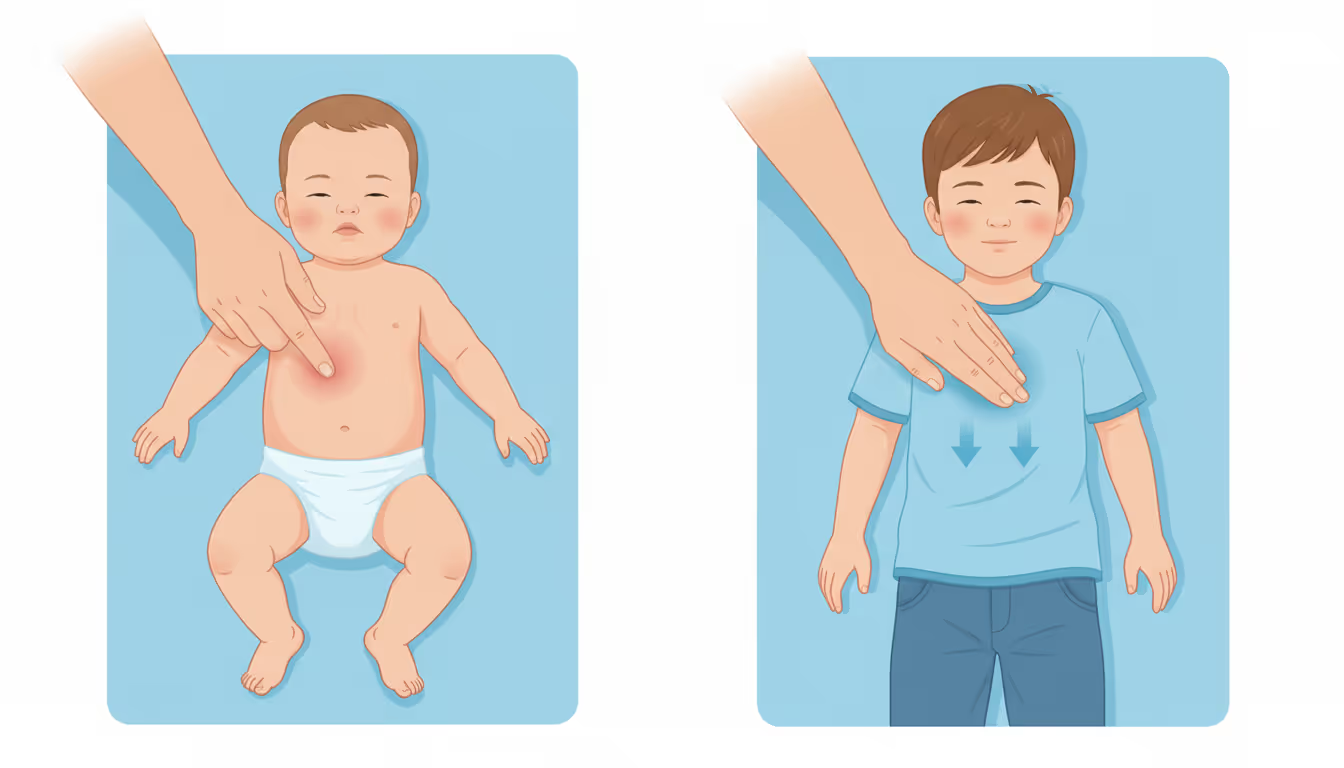
The Denver Developmental Screening Test (DDST) is a popular tool for evaluating the developmental progress of children from birth to six years old. Its name, "Denver," signifies its origin at the University of Colorado Medical Center in Denver. Several other behavioral assessments exist for infants and young children, including:- The Behavioral Assessment Scale (NBAS), developed by Harvard pediatrician T. Berry Brazleton, commonly known as "the Brazleton."- The Early Language Milestone (ELM) scale for children up to three years old.- The Clinical Adaptive Test (CAT) and Clinical Linguistic and Auditory Milestone Scale (CLAMS) for assessing children up to three years old.- The Infant Monitoring System, designed for children aged four to 36 months.- The Early Screening Inventory for children aged three to six.- The Peabody Picture Vocabulary Test, or "the Peabody," used for children aged two and a half to four years.The goals of developmental assessments vary according to the child's age. For newborns, testing can uncover neurological issues. In infants, assessments often provide reassurance to parents or help identify and address problems early. As children grow, these evaluations can highlight academic and social challenges, ideally allowing for timely interventions.




